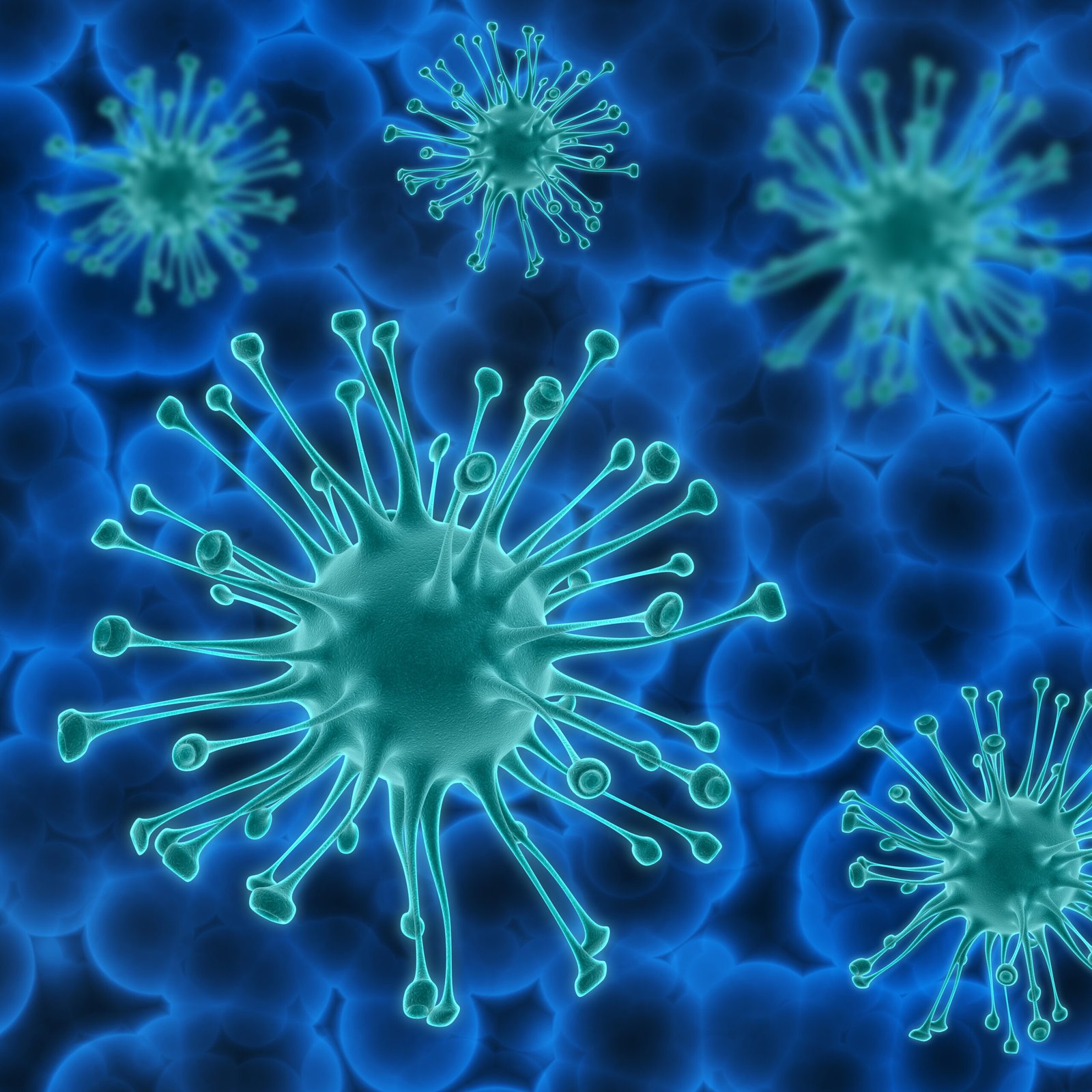The escalating global plastic pollution crisis, exacerbated by the COVID-19 pandemic’s surge in single-use diagnostic tests, is driving businesses and researchers to pioneer more sustainable rapid diagnostic solutions. As the world seeks to mitigate plastic waste, new advancements in biodegradable and recycled diagnostic tests are emerging.
Leading this charge, several companies have developed biodegradable tests for influenza and COVID-19. Concurrently, researchers are exploring innovative ways to utilize recycled materials in test production. However, the majority of these advancements are occurring in the Global North, leaving low- and middle-income countries—where plastic pollution is particularly severe—at a disadvantage. Experts emphasize the necessity for substantial support from investors and regulatory bodies to foster sustainability in these regions.
Last month, Dutch company Okos Diagnostics launched what it claims is the world’s first fully biodegradable test kit for COVID-19, Influenza A and B, and Respiratory Syncytial Virus (RSV). After three years of rigorous prototyping and testing, this innovative test kit, crafted from plant-based materials derived from agricultural waste, is now available globally for €4.99 (approximately $5.50).
Okos co-founder Sander Julian Brus highlighted the importance of biodegradability, stating that their test was specifically designed to prevent used kits from ending up in landfills, particularly in low- and middle-income countries. “We want to ensure that as these tests are used, they do not contribute to the plastic pollution problem,” he told SciDev.Net. The company estimates its test kits can fully biodegrade within 10 to 30 months and is currently collaborating with the Helix Biogen Institute in Nigeria to study biodegradability under real-world conditions.
“As we transition into an endemic phase of the pandemic, the timing is right for the industry to pivot towards more sustainable practices,” Brus added.
The Waste Issue: A Global Challenge
A 2022 report from the World Health Organization revealed that over 140 million COVID-19 test kits used worldwide during the pandemic could generate approximately 2,600 tonnes of waste, predominantly plastic. In light of this, the United Nations is poised to sign a legally binding agreement aimed at curbing plastic pollution by the end of this year.
In Sub-Saharan Africa, where disease prevalence remains high, self-testing has emerged as a vital resource. However, the increased use of diagnostic tests is further exacerbating plastic waste in a region already struggling with inadequate waste disposal infrastructure. “People often discard waste indiscriminately, and even if collected, it is frequently just dumped,” stated Collins Odhiambo, portfolio lead at the African Society for Laboratory Medicine.
With projections from the OECD suggesting that global plastic use could nearly triple by 2060 and increase sixfold in Sub-Saharan Africa, the urgency for sustainable solutions is critical. “We must first change practices in the Global North to ensure that any technology transferred to Africa includes sustainable materials,” Odhiambo emphasized.
A Collaborative Effort Toward Sustainable Solutions
Beyond Okos, various companies and research institutions are rising to the challenge. British diagnostic company Abingdon Health is partnering with London-based sustainable design consultancy Morrama to develop test cases made from plant fibers, set to launch by Spring 2025. At Heriot-Watt University in Scotland, researchers are designing tests from recycled materials, utilizing pellets sourced from diverse objects, including chewing gum and old fridge parts. “There’s no rule that diagnostic tests must be made from virgin plastic,” remarked Maïwenn Kersaudy-Kerhoas, a professor of microfluidic engineering leading the research.
However, Kersaudy-Kerhoas cautioned that while using recycled materials is a step forward, significant investment is still needed to establish manufacturing lines for truly non-plastic alternatives.
Elijah Kolawole Oladipo, director of science at Helix Biogen Institute, remains optimistic about the future of sustainable diagnostics in Africa. The institute’s collaboration with Okos focuses on studying the biodegradability of test kits in soil, with the long-term goal of localizing production in Nigeria and beyond. “Rather than relying on technology transfers from the Global North, African nations can harness their abundant raw materials to build local manufacturing plants for sustainable diagnostics,” he asserted.
Source:SciDev.Net




